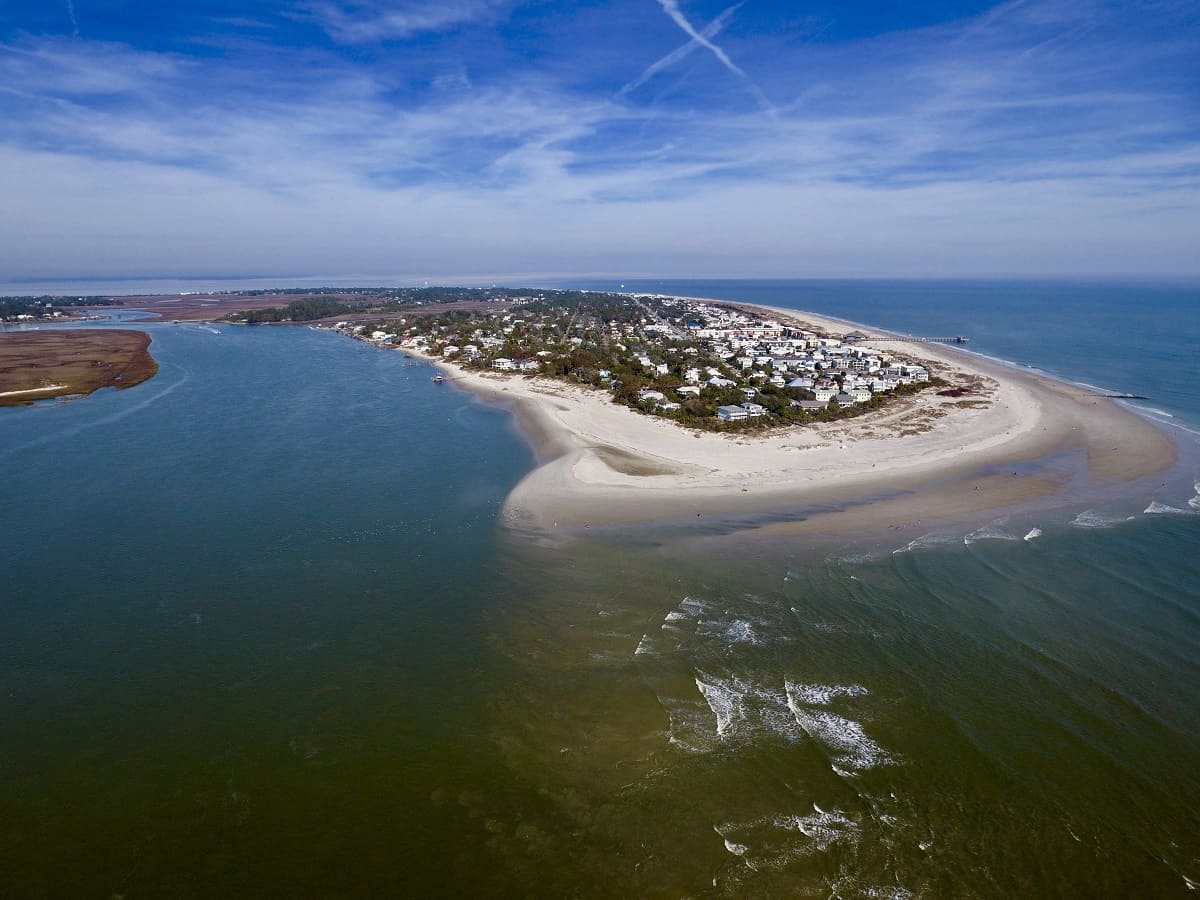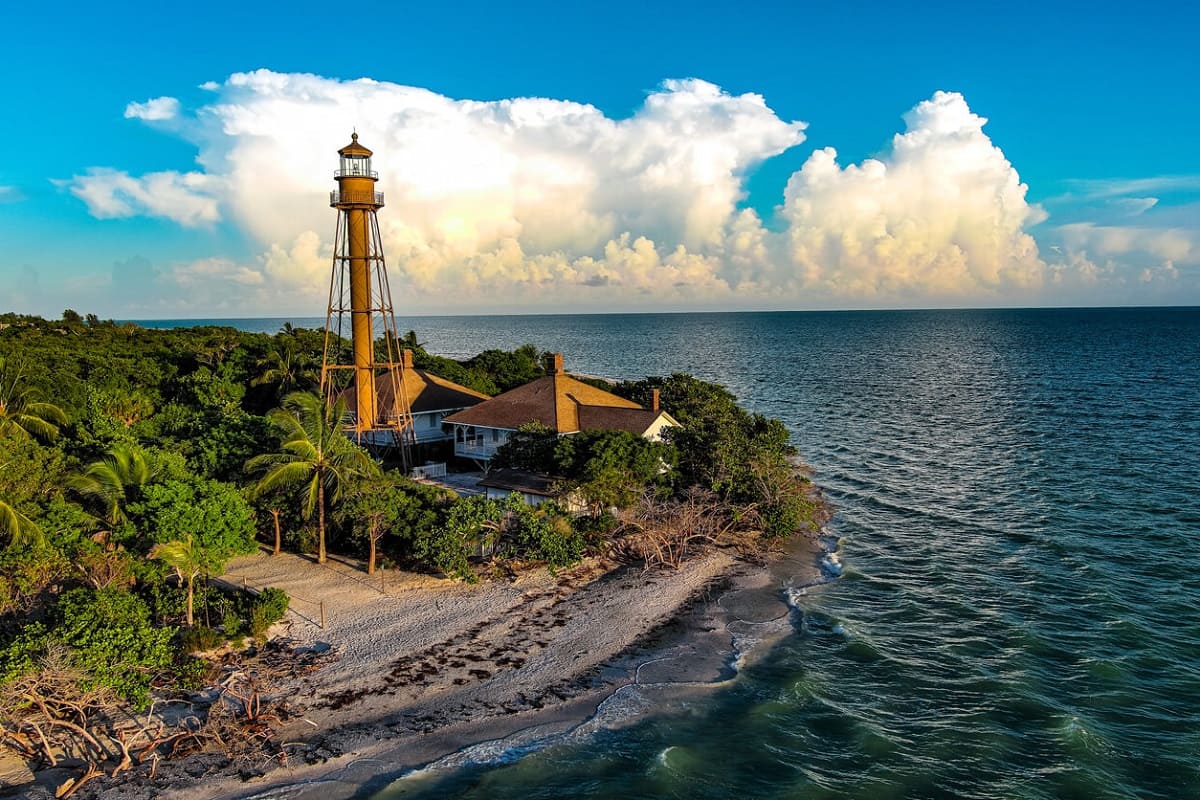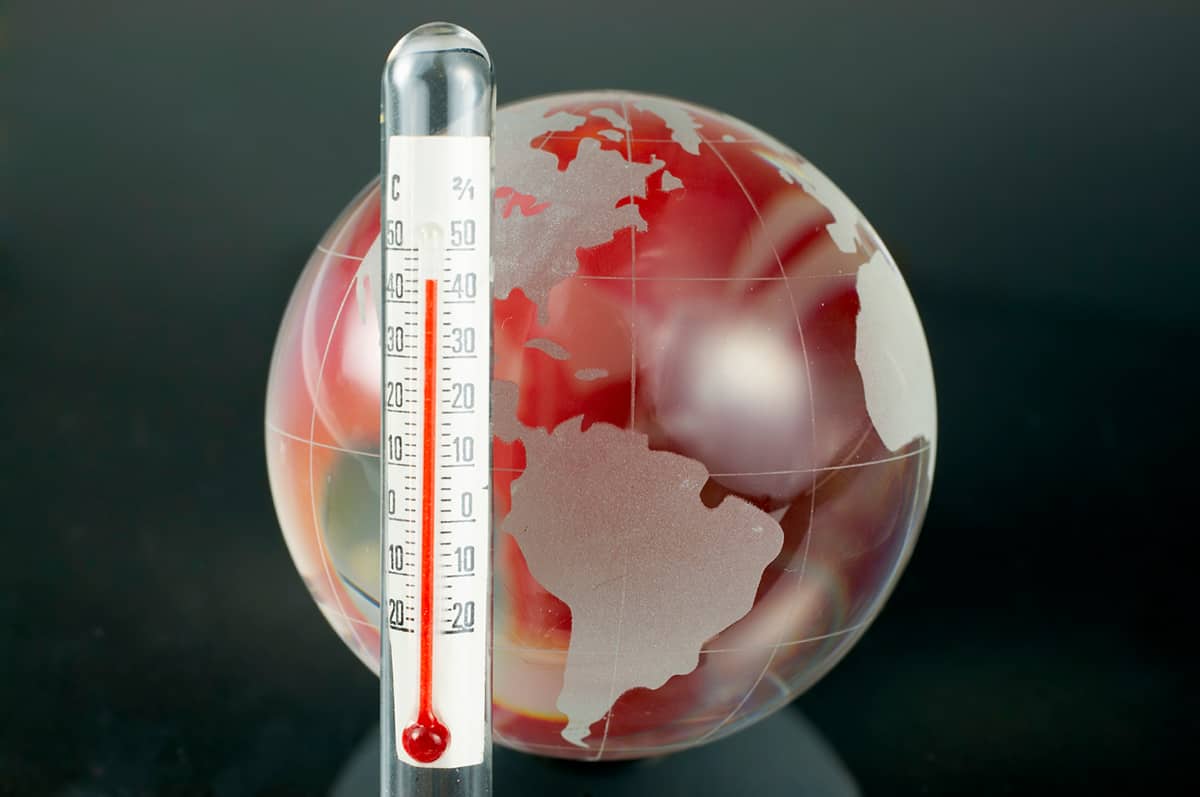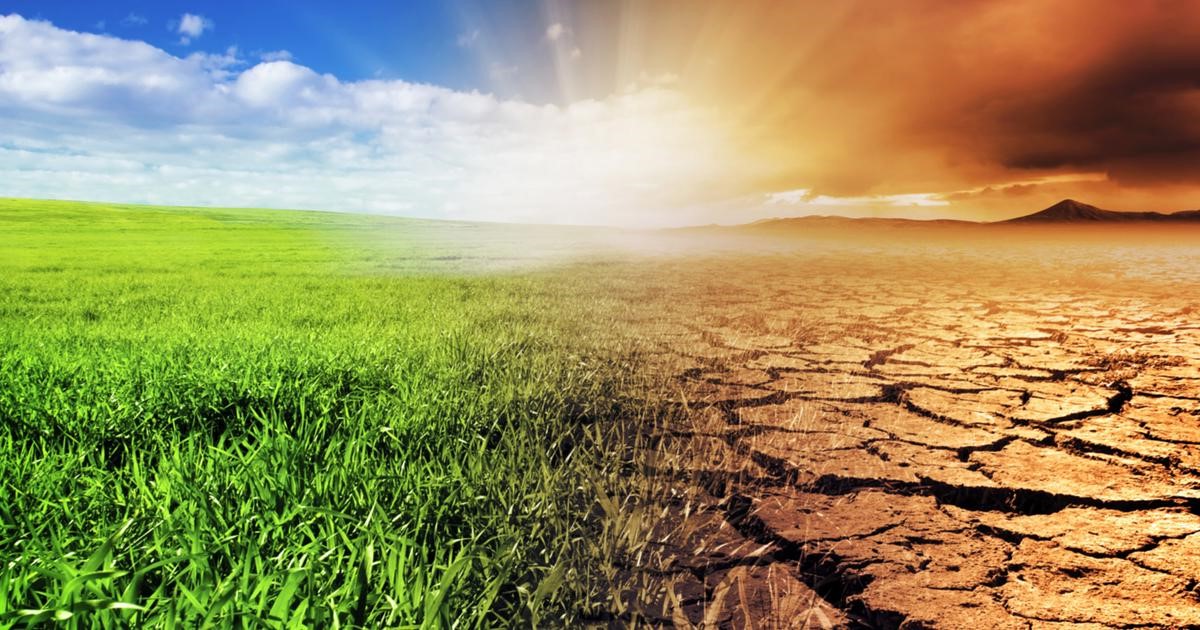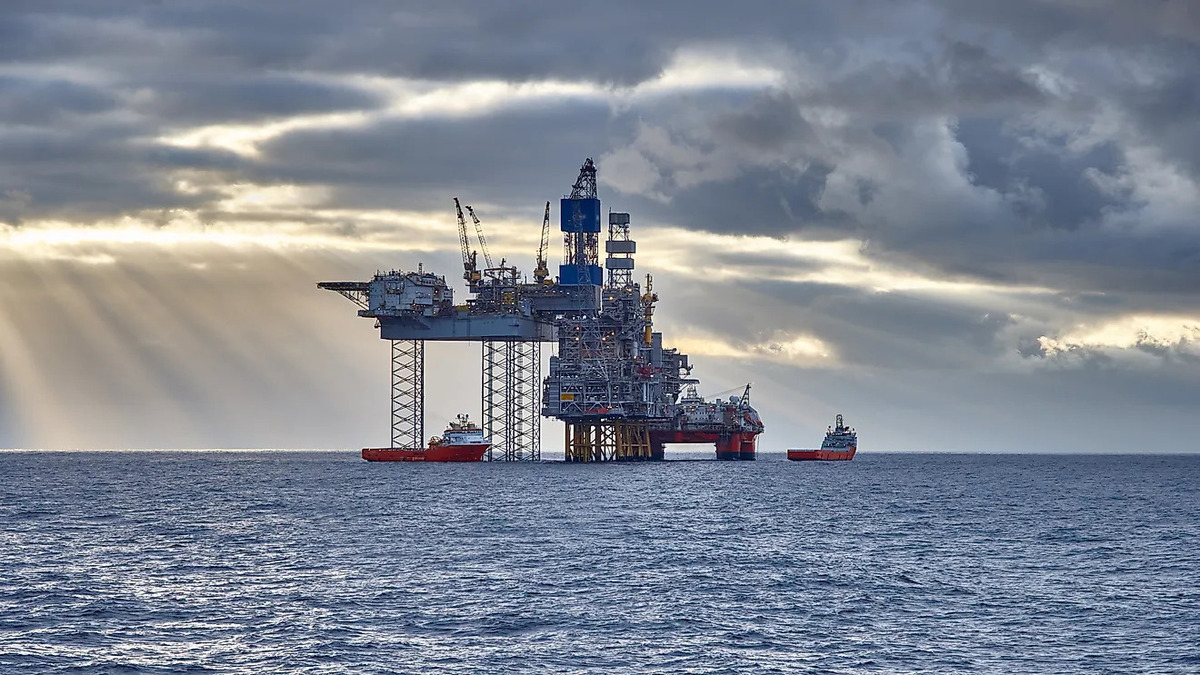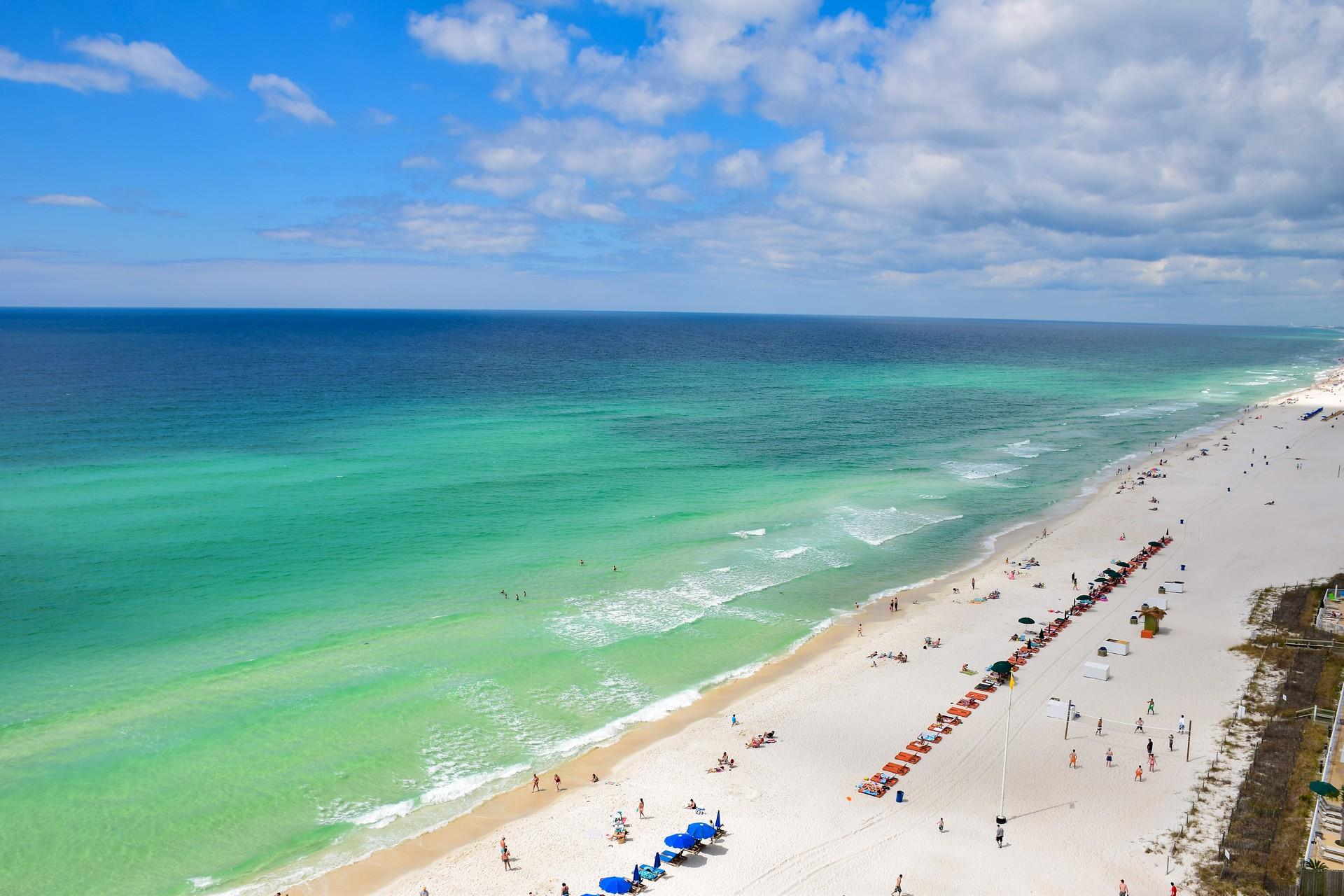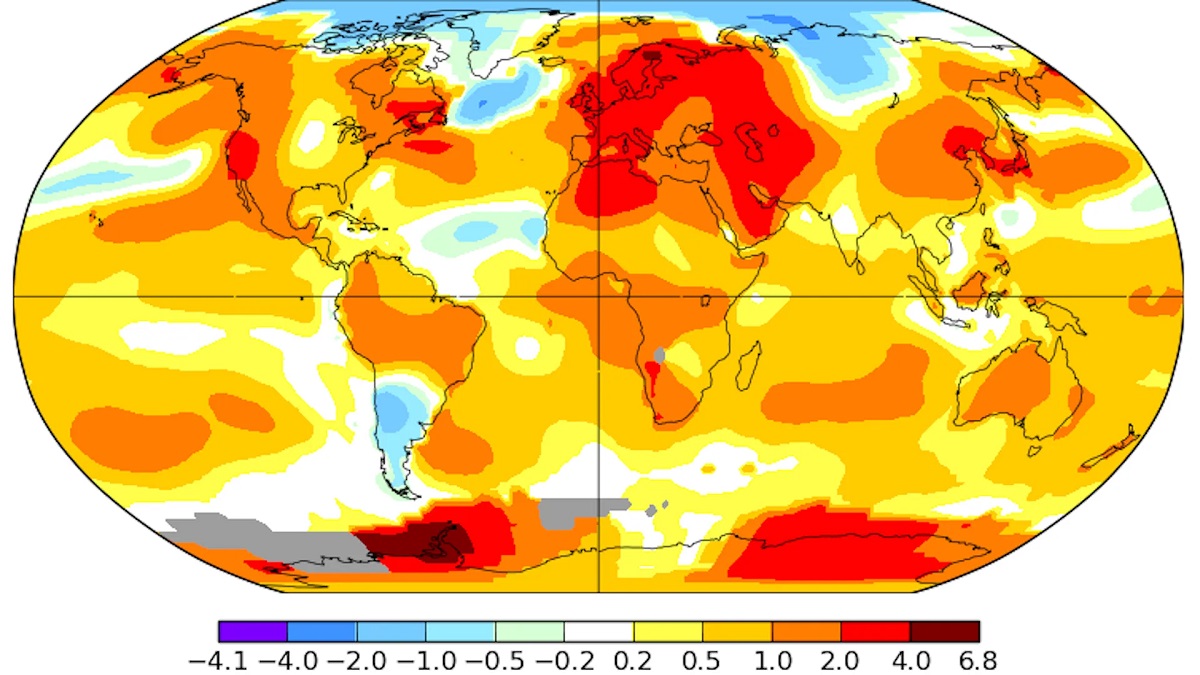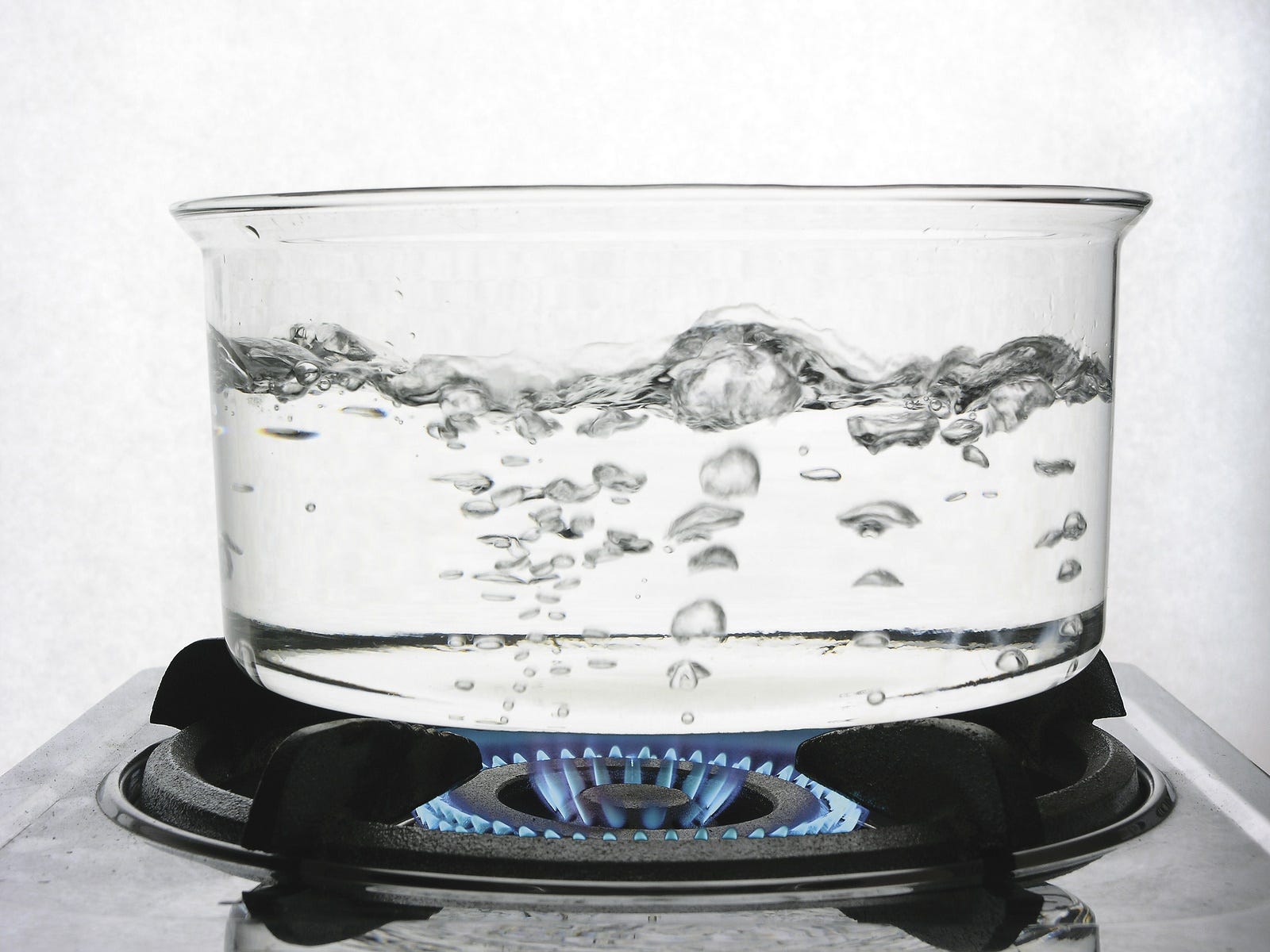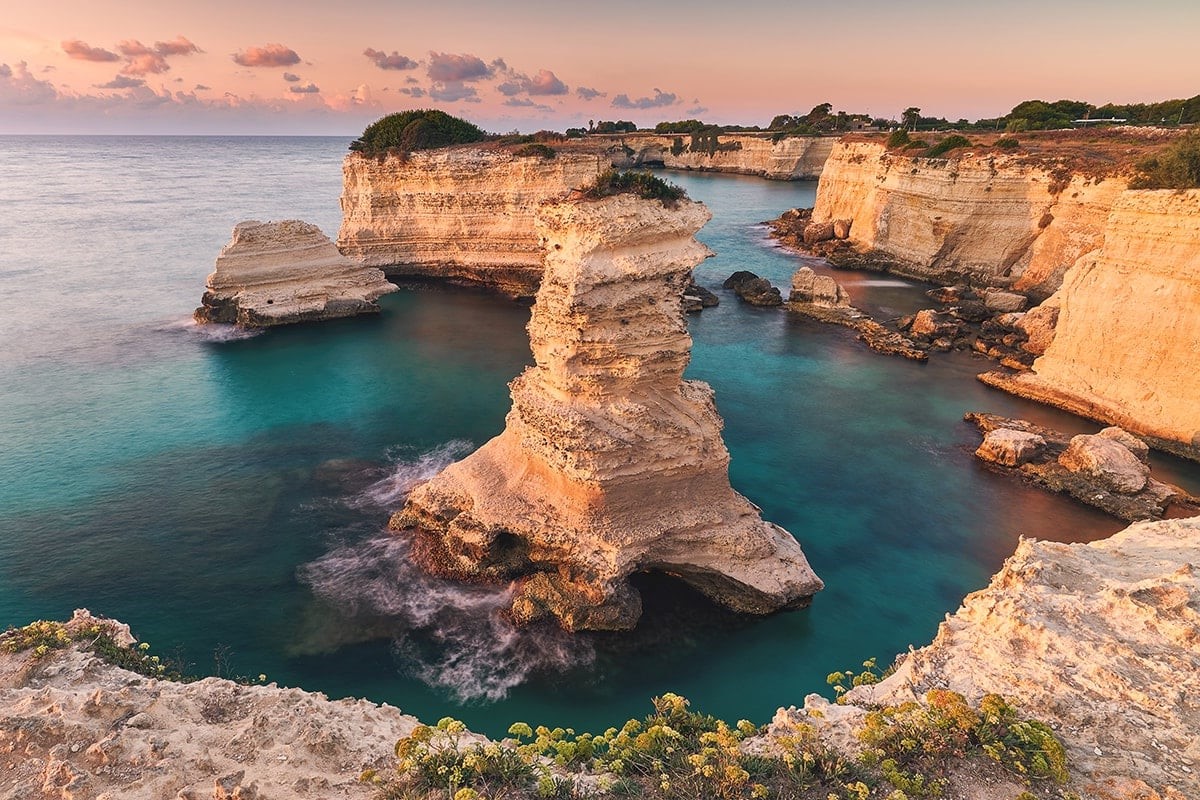Home>Weather and Climate>How Water Influences Island Temperatures Globally
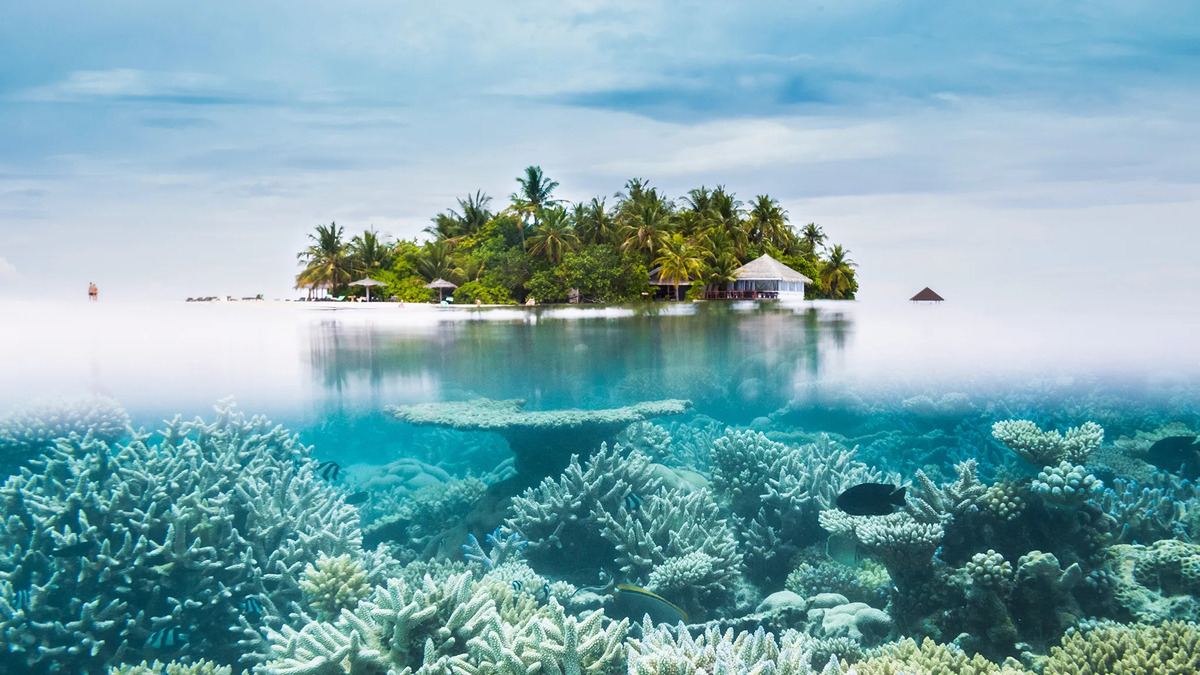

Weather and Climate
How Water Influences Island Temperatures Globally
Published: June 11, 2024
Explore how water impacts the mild climates of islands globally. Learn about the interplay between weather and climate in these unique environments.
(Many of the links in this article redirect to a specific reviewed product. Your purchase of these products through affiliate links helps to generate commission for Temperatures.com, at no extra cost. Learn more)
So, I've been diving deep into how water affects island temperatures globally, and let me tell you, it's fascinating. Water has this incredible ability to store and release heat more slowly than land. This means that islands, surrounded by oceans, experience more moderate temperatures year-round. During summer, oceans absorb and store heat, keeping islands cooler than you'd expect. Come winter, that stored heat gets released, warding off the chill. This phenomenon, known as the maritime effect, ensures islands don't swing between extreme temperatures.
Islands also benefit from sea breezes. During the day, land heats up faster than the ocean, causing air over the land to rise and cooler ocean air to rush in, bringing down the temperature. At night, the reverse happens, but the effect is less pronounced, ensuring nights are warmer than they would be inland.
I've noticed that islands near the equator, like those in the Caribbean, have smaller temperature fluctuations, while those farther from the equator, like the British Isles, have a greater range but still less than continental areas at similar latitudes. It's all thanks to the vast, temperature-regulating ocean surrounding them.
